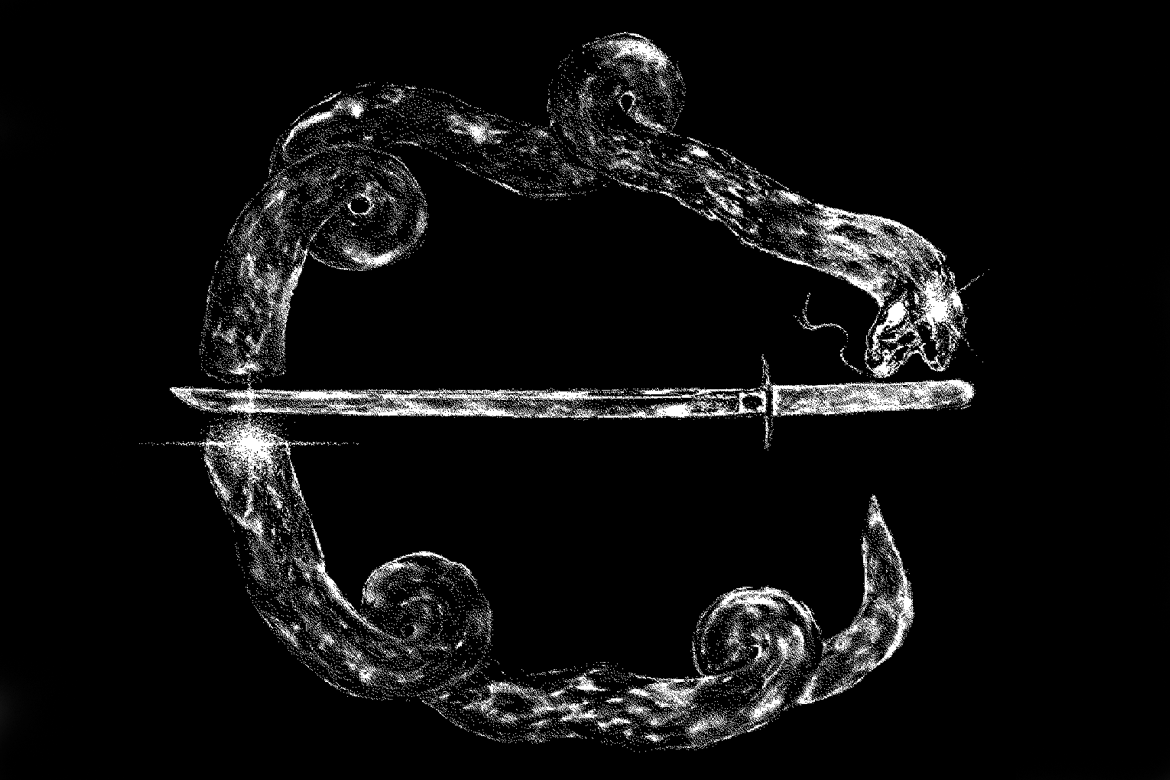The music industry is in a state of flux, with advancing technologies, streaming, and lockdowns redistributing the flow of capital. It’s a space packed with uncertainties; Mitski commented, “We’re being exploited, and there’s nothing that we can do about it” in an interview last year. Music catalogues are becoming the latest asset for hedge funds, and vinyl sales are nearly declining for the first time in 15 years. It seems there are ever-dwindling options for those outside of the ever-growing privately educated class within music. Endproject, a collective organization founded by Vincente Void of Darke Complex and Omerta fame, looks to counter this trend and in turn present a blueprint for others to follow.
Powered by RedCircle
With community and decentralization at its core, Endproject looks to combat the problem as Void puts it: “As it currently stands, at every level, it is on someone else’s terms.” Sharing of resources and knowledge is a key part of this initiative. “It’s a way for artists to convene with either other artists or fans who want to know the process or aspire to become artists themselves,” and to move away from the monopolies that corporations have over distribution and marketing. This network will aim to expand itself to include designers, marketers, and programmers alongside musicians and form an ever-expanding ecosystem.
Endproject sees itself beyond the boundaries of music genres, with an interaction from Spider Gang causing Void to realize the potential: “There is so much cross-pollination that’s not occurring simply because the scenes are not hospitable to people from other communities or scenes who might be interested in them otherwise.” And with the likes of Knocked Loose touring with Jpegmafia and Choir Boy, the argument is put forward to make this the norm: “I feel like there’s so much common ground that can be struck between these scenes that’s being missed completely because of a weird adherence to conventions that are deprecated at this point. With this idea, we can try to bring about more mixed-genre shows, not as a novelty, but as a standard.“
The notable success story so far for Endproject is Omerta, who look to become the new face of metal in the coming years. However, other artists such as Hitbox and Papercut from the community are starting to see relative success as well. With newer artists sharing demos for feedback and collaborating on projects, there is the potential for a network that will vouch for each other, allowing each project that forms out of the community to hold a stronger chance of success than a solo endeavour. In an ideal world, quality will speak for itself.
While Void comments that the result isn’t to see various Endprojects crop up across various cities, there is an indication of what this model taken to the extreme may look like. “It is the dissolution of these corporations that try to strong arm and oppress a lot of artists through not necessarily their own desires or their own needs.” This comes as a consequence of capitalism and the rules that are adhered to in the game to stay afloat in the music business. Record labels and streaming services have typically taken the flak, but financial exploitation is rife throughout the industry, with the creators of the art benefitting the least. And so Endproject takes a stand. With many bands recently speaking out against the absurd cuts of merch sales taken by venues, and Counterparts‘ Brendan Murphy calling out billion dollar corporations for withholding earnings, now is as good a time as any.
Intertwined in all of this is the technological capabilities of WEB3 and systems such as Urbit, with 2022’s foray into the former described as an ‘ugly preliminary into WEB3.’ Its potential is laid out clearly: “The actual vision of WEB3 is to give creators the ability to create their own economy, independent of any fiat currency or other traditional monetary systems. This economy would be almost entirely dependent upon the cultural capital that the creator generates on their own, with all the necessary tools and resources to achieve this independently.” These systems, including Urbit, an operating system which runs on decentralized hosting, can be used to supersede existing barriers. “We’re trying to find a way to incorporate these bleeding-edge technologies into what we’re doing in an effort to circumvent processes or institutional barriers.“
It is important to keep in mind that Endproject is still in its infancy, with concepts and ideas still being pieced together. However, there is a vision that offers something free from the encompassing narratives surrounding the music industry. It is undeniable that change is necessary. Void puts it bluntly, because this is something that needs to be tackled head-on. “It doesn’t work for everyone, and only so many people really benefit from that system. And it’s not the artists.“
You can find the first part of our conversation with Vincente here, where we discuss his lengthy musical career.

